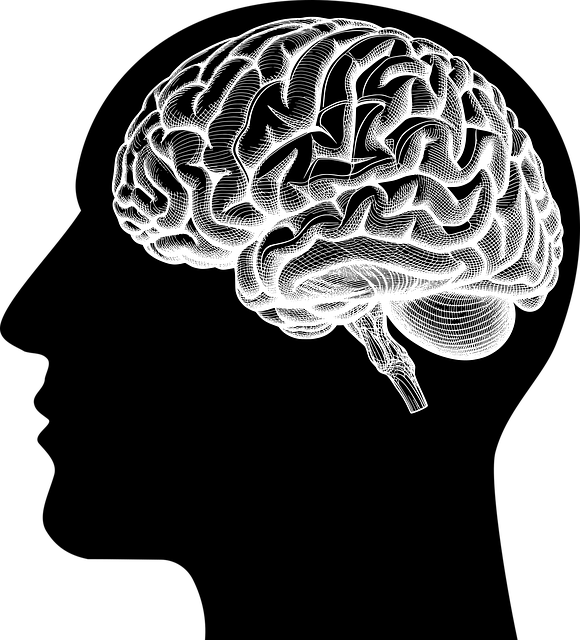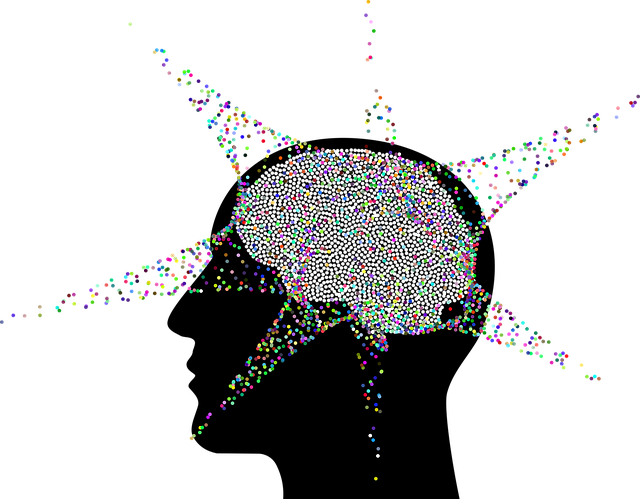Northglenn Geriatrics Therapy leverages comprehensive data collection from electronic health records, patient surveys, and community initiatives to gain deep insights into mental wellness trends within their community. Using advanced analytics including statistical methods, machine learning, and emotional intelligence, they design innovative strategies like Mindfulness Meditation and Compassion Cultivation Practices. This data-driven approach ensures treatment plans remain effective, compassionate, and adaptable to patients' evolving needs, while addressing unique cultural and socioeconomic factors in their diverse community.
Mental health data analysis plays a pivotal role in enhancing therapeutic outcomes, especially for geriatric populations. This article explores the intricate process of understanding, analyzing, and interpreting mental health data specific to Northglenn Geriatrics Therapy. By delving into various collection sources and employing advanced analytical techniques, healthcare providers can unlock valuable insights. These insights empower them to personalize treatment strategies, ultimately improving the well-being of older adults in the Northglenn community.
- Understanding Mental Health Data: Collection and Sources for Northglenn Geriatrics Therapy
- Data Analysis Techniques: Unlocking Insights for Effective Treatment Strategies
- Interpreting Results: Applications in Personalizing Geriatric Mental Health Care
- Challenges and Ethical Considerations in Mental Health Data Interpretation for Northglenn Community
Understanding Mental Health Data: Collection and Sources for Northglenn Geriatrics Therapy

Understanding Mental Health Data is a cornerstone for Northglenn Geriatrics Therapy’s comprehensive approach to patient care. The journey begins with meticulous data collection from diverse sources. These include electronic health records, patient surveys, clinical observations, and even community-based initiatives focused on mental wellness. By weaving together these threads of information, Northglenn Geriatrics Therapy gains valuable insights into the complex landscape of mental health within their community.
This data provides a foundation for identifying trends, pinpointing areas of need, and tailoring interventions accordingly. From Mindfulness Meditation programs to Compassion Cultivation Practices, Northglenn Geriatrics Therapy leverages these insights to develop innovative strategies that promote Mental Wellness among older adults. By staying at the forefront of mental health data analysis, they ensure their treatment plans remain effective, compassionate, and responsive to the evolving needs of their patients.
Data Analysis Techniques: Unlocking Insights for Effective Treatment Strategies

In the realm of mental health care, data analysis plays a pivotal role in unearthing profound insights that can shape effective treatment strategies. By employing sophisticated techniques, healthcare providers at Northglenn Geriatrics Therapy can delve into vast datasets to identify patterns and trends among patients. This involves exploring statistical methods, machine learning algorithms, and qualitative analysis tools to gain a comprehensive understanding of mental health issues. For instance, these approaches enable them to uncover correlations between specific treatments and improved outcomes, or identify demographic factors influencing emotional intelligence and self-esteem.
Through such analyses, Northglenn Geriatrics Therapy can personalize treatment plans, tailor interventions to individual needs, and foster better patient outcomes. Moreover, the insights gleaned from data can guide healthcare provider cultural competency training, ensuring culturally sensitive care. By integrating Emotional Intelligence principles and focusing on Self-Esteem Improvement, therapists can create a supportive environment that enhances therapeutic effectiveness, ultimately revolutionizing mental health services.
Interpreting Results: Applications in Personalizing Geriatric Mental Health Care

When analyzing mental health data, particularly within the context of Northglenn Geriatrics Therapy, interpreting results accurately becomes a powerful tool for personalizing geriatric care. This involves understanding the nuances of individual patient experiences, especially those with complex histories. For instance, identifying patterns in data related to depression prevention can reveal specific triggers and risk factors among older adults, enabling therapists to tailor interventions accordingly. By applying advanced analytics, healthcare professionals can move beyond one-size-fits-all approaches.
Such insights are pivotal in addressing trauma support services for the elderly population. Data-driven interpretations can uncover hidden correlations between past traumatic experiences and current mental health challenges. This knowledge guides the development of targeted therapies, ensuring that treatment plans align with each patient’s unique needs. Moreover, mental health policy analysis and advocacy benefit from these findings, shaping strategies to improve access to effective geriatric care and fostering a more responsive healthcare system for this demographic.
Challenges and Ethical Considerations in Mental Health Data Interpretation for Northglenn Community

The interpretation of mental health data in Northglenn’s community presents unique challenges due to the sensitive nature of the information and the diverse needs of its population. Factors such as cultural differences, socioeconomic disparities, and access to healthcare services can significantly impact an individual’s mental well-being, creating complex patterns that require careful analysis. Accurately understanding these trends is essential for tailoring effective Northglenn geriatrics therapy and coping skills development programs within the community.
Ethical considerations further complicating data interpretation include ensuring patient privacy, maintaining confidentiality, and promoting informed consent. With the increasing availability of digital health records and online mental health services, protecting vulnerable populations from potential misuse or unauthorized access to their sensitive data becomes paramount. Additionally, fostering Mental Health Awareness through accessible Community Outreach Program Implementations is crucial for breaking down stigma and encouraging individuals to seek support.
Mental health data analysis is a powerful tool for enhancing the quality of care provided by Northglenn Geriatrics Therapy. By employing sophisticated techniques and ethical interpretations, healthcare professionals can unlock valuable insights to personalize treatment strategies for geriatric patients. This approach not only improves outcomes but also ensures that each individual receives tailored support, addressing the unique challenges they face. As data-driven practices continue to evolve, a deep understanding of mental health data will be pivotal in shaping effective and compassionate care within the Northglenn community.









